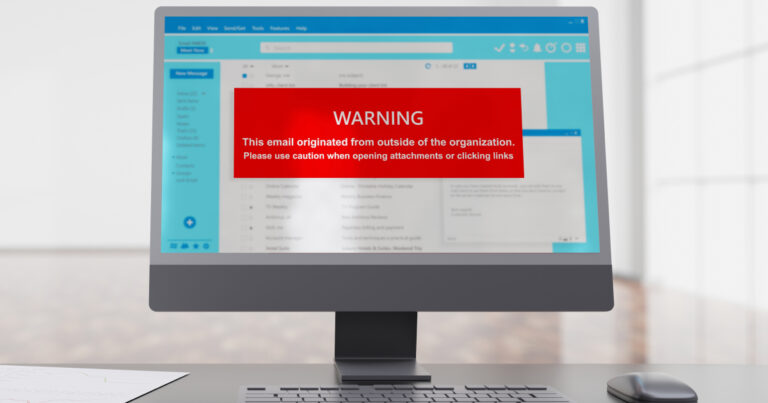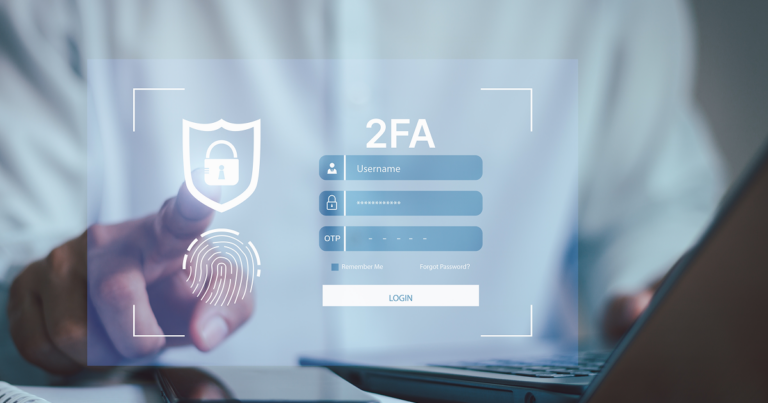Our main objective at FTC is to provide excellent service to all of our customers. We also want to make sure they are staying secure while utilizing our services or any other technologies out there. As we stay up-to-date on all things technology, we recently learned of a new industry security threat.
"Processors from leading chip makers contain vulnerabilities that could let attackers access sensitive information on computers, smartphones and servers," said Eric M. Christoffersen, vice president for IT and Development for SecurityCoverage, Inc. "The vulnerabilities were discovered by researchers at Google's Project Zero and have been dubbed 'Meltdown' and 'Spectre.'"
These threats exploit processors differently and the following information will assist our customers in taking the necessary precautions to protect themselves.
What does this mean and what could happen?
All computers, smartphones and servers have a chip that can simply guess what information the device needs in order to perform a function. If the chip guesses correctly, your processing speeds up. If it guesses incorrectly, the process takes longer to complete. During this process time, hackers can steal your private information such as photos, passwords and encryption keys and can also view your sensitive data.
What processors are affected?
"Spectre has been verified to affect chips from large companies including Intel, ARM and AMD, although all modern processors are potentially vulnerable," Christoffersen said. "Meltdown, as of right now, has only been known to affect Intel chips that have been manufactured since 1995 with the exception of the Itanium and Atom chips made before 2013."
Unfortunately, this doesn't stop with just hardware and chips. Meltdown can also affect servers and cloud services. "Both Google and Amazon say that they have secured all affected products but it may take time for all cloud services to catch up," he said.
How can we avoid an attack?
Experts are currently saying that there are no examples of these hackers attacking computers themselves. This is, however, a good time to make sure you have the appropriate anti-virus and malware protection services downloaded and installed on your device(s).
1. The first step, before purchasing anything extra, is to keep your operating systems updated. Those update notifications may seem redundant, but it is extremely important to accept and stay up-to-date. It is also important to be on the lookout for suspicious phishing emails that ask you to sign up, submit payment, download services, etc.
2. Update your account passwords to more unique characters—utilizing symbols, numbers and a combination of lower and uppercase letters.
3. Backing up your information is also a great way to secure your personal documents and photos. You can use thumb drives for smaller files and external hard drives, which provide extra space, for those larger files.
We encourage you to do your due diligence and take these measures to better secure your information. It's unfortunate that we have these constant threats, but taking these steps will allow for safer usage and help you sleep better at night.
For more information about this alert or FTC's services, visit ftc-i.net or call (888) 218-5050. A special thank you to SecurityCoverage for the pertinent information.
SOURCE: Eric M. Christoffersen, VP – IT and Development, SecurityCoverage, Inc.




